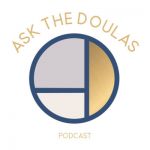What is a B Corp? Podcast Episode #86
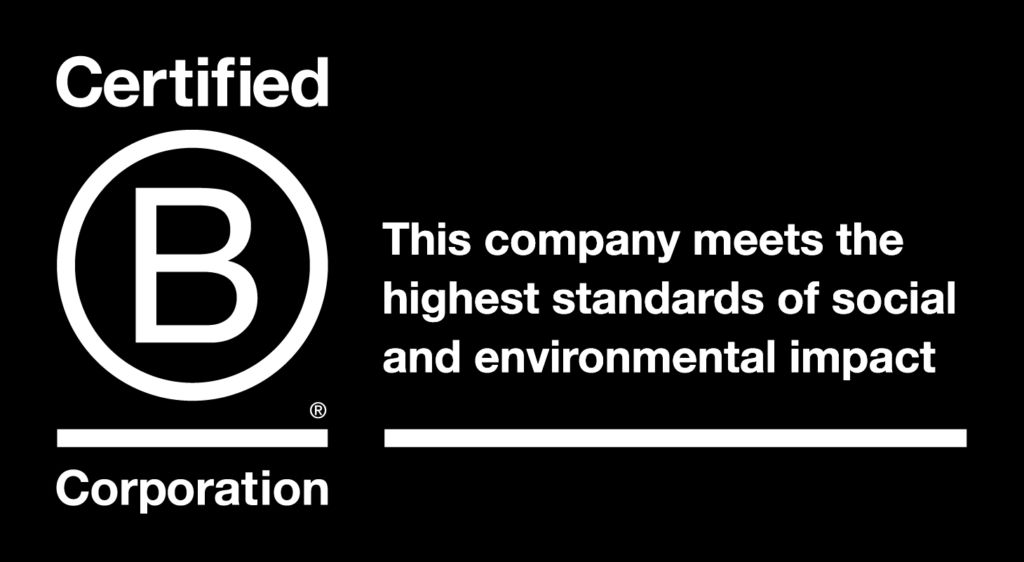
Today Kristin talks to Hanna from Local First about what it means to be Certified B Corporation and how it impacts our community. Gold Coast Doulas is the area’s most recent B Corp! You can listen to this complete podcast episode on iTunes or SoundCloud. Kristin: Welcome to Ask the Doulas with Gold Coast Doulas. […]
Stress Mastery: Podcast Episode #85
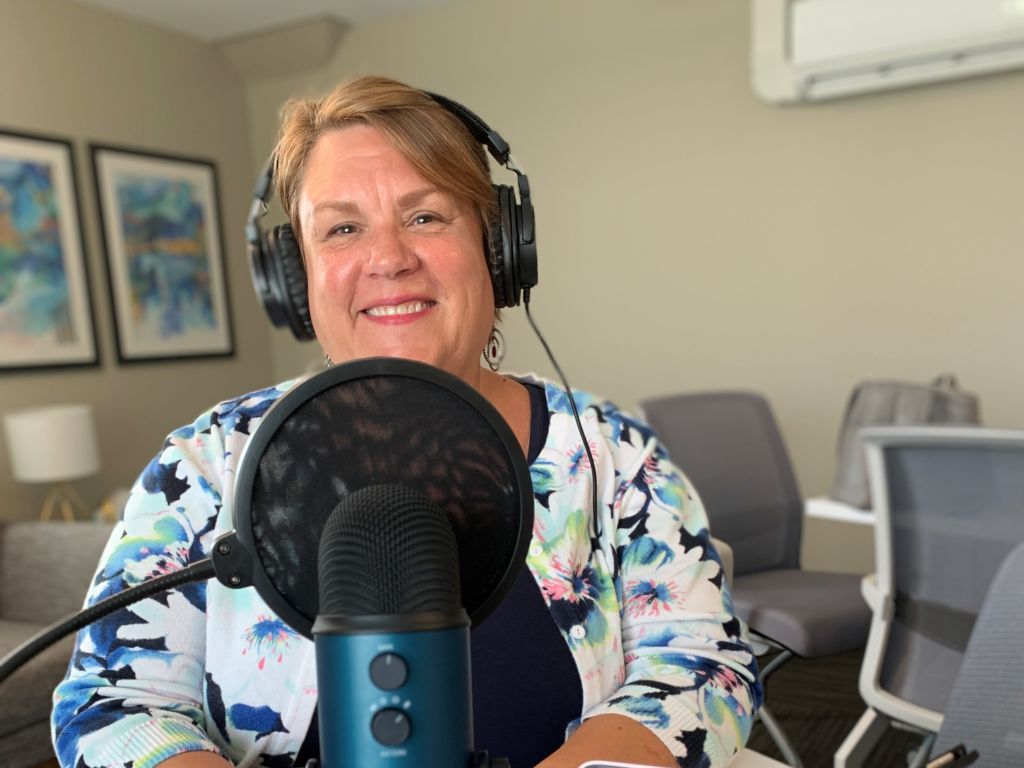
Deb Timmerman, RN, DAIS, CSME speaks with us today about her new certification in Stress Mastery. What does that mean, you ask? It’s all about learning positive ways to handle stress and actually master it, instead of letting stress take over. Listen to see how this can help parents throughout pregnancy and postpartum. You can […]
Preparing Your Body For Pregnancy: Podcast Episode #84
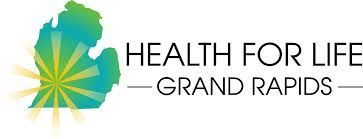
Dr. Nave now works with queens through her virtual practice Hormonal Balance. We talk this time about how a woman can prepare her body for pregnancy. You can listen to this complete podcast episode on iTunes or SoundCloud. Alyssa: Hello! Welcome to another episode of Ask the Doulas Podcast. You have Kristin and Alyssa here […]
Maddie’s Birth Story: Podcast Episode #83
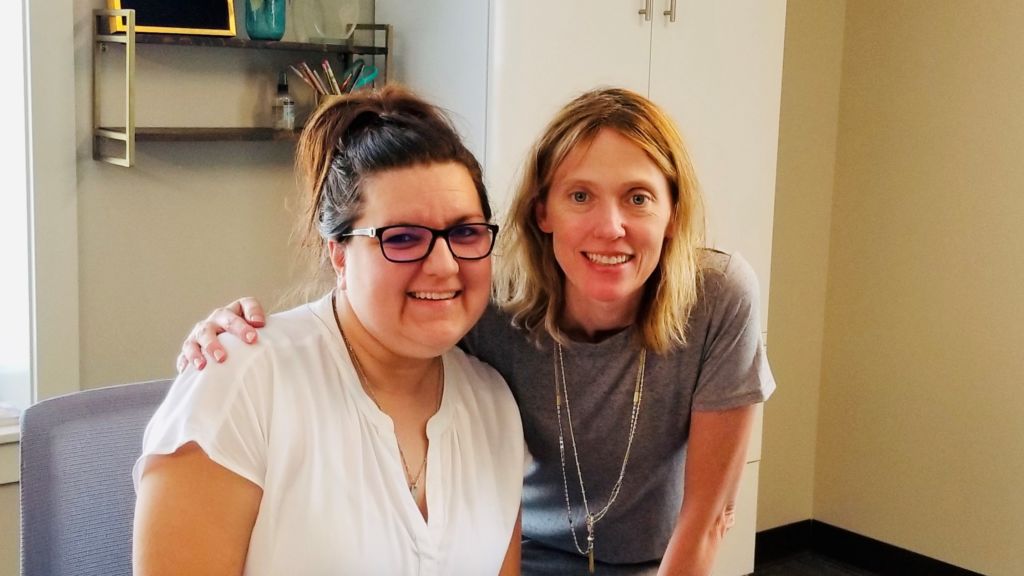
Our listeners love hearing a positive birth story. Today Maddie, a previous HypnoBirthing and Birth client, tells us all about her labor and delivery as well as her experience in the hospital right after having her baby. You can listen to this complete podcast episode on iTunes or SoundCloud. Kristin: Welcome to Ask the Doulas […]
Understanding Your Cycle: Podcast Episode #82
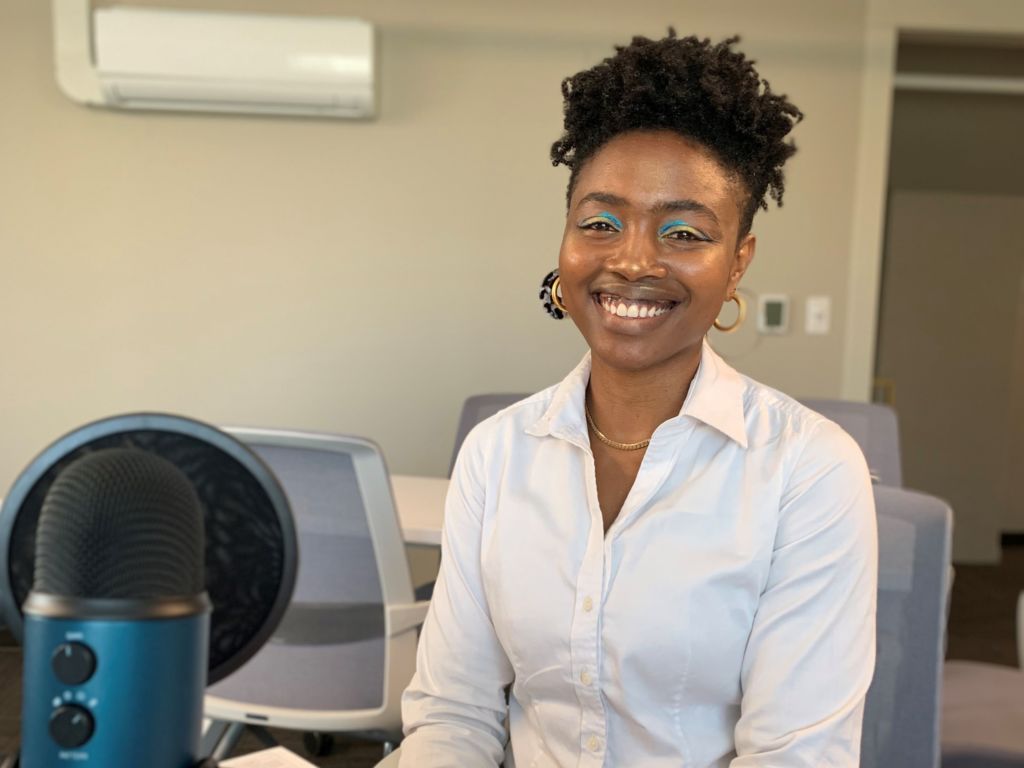
Dr. Nave now works with queens through her virtual practice Hormonal Balance. She talks with us today about a woman’s monthly cycle. What’s “normal”? What if you don’t get a period at all? Is PMS a real thing? You can listen to this complete podcast episode on iTunes or SoundCloud. Alyssa: Hello, welcome to Ask […]
Maddie’s HypnoBirthing Story: Podcast Episode #81

Today our former birth client and HypnoBirthing student, Maddie Kioski, tells us her personal pregnancy journey using HypnoBirthing and how it helped her feel excited about labor and delivery instead of scared. You can listen to this completed podcast episode on iTunes or SoundCloud. Kristin: Welcome to Ask the Doulas with Gold Coast Doulas. […]
Megan’s Sleep Story: Podcast Episode #80
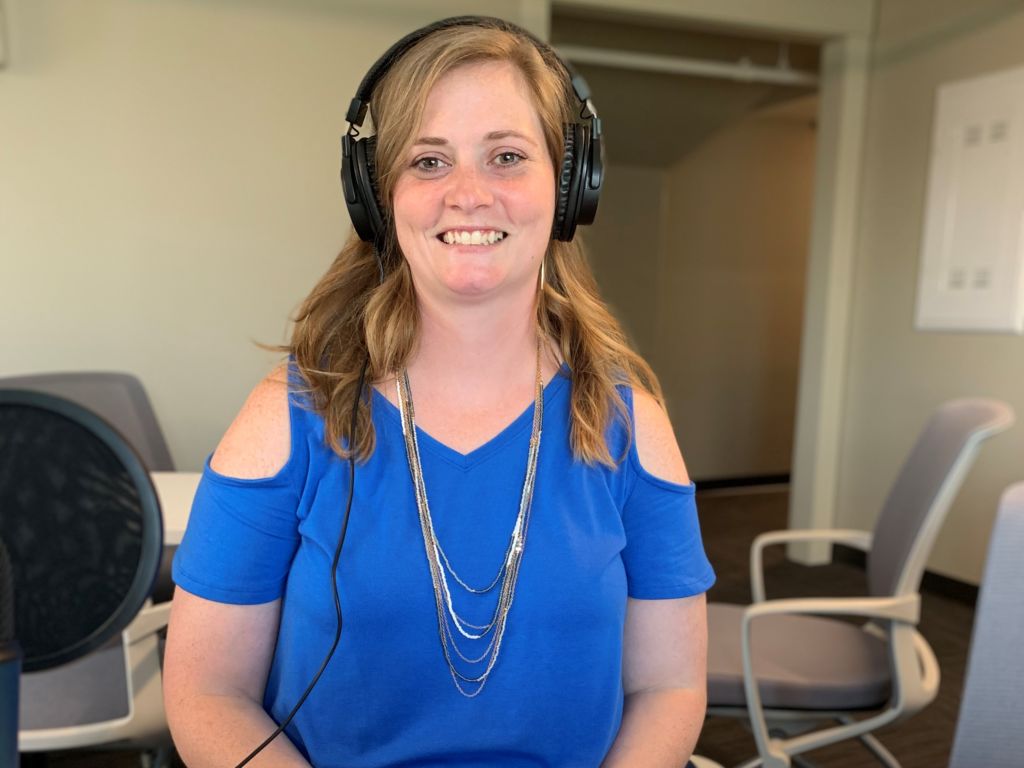
Megan Kretz, one of Alyssa’s sleep clients, tells us about her sleep training journey with her daughter at 9 months and again at 19 months. She says that as a working mom, it meant spending a little less time with her daughter, but that it was all worth it because the quality of the time […]
Supporting a Postpartum Mother: Podcast Episode #79
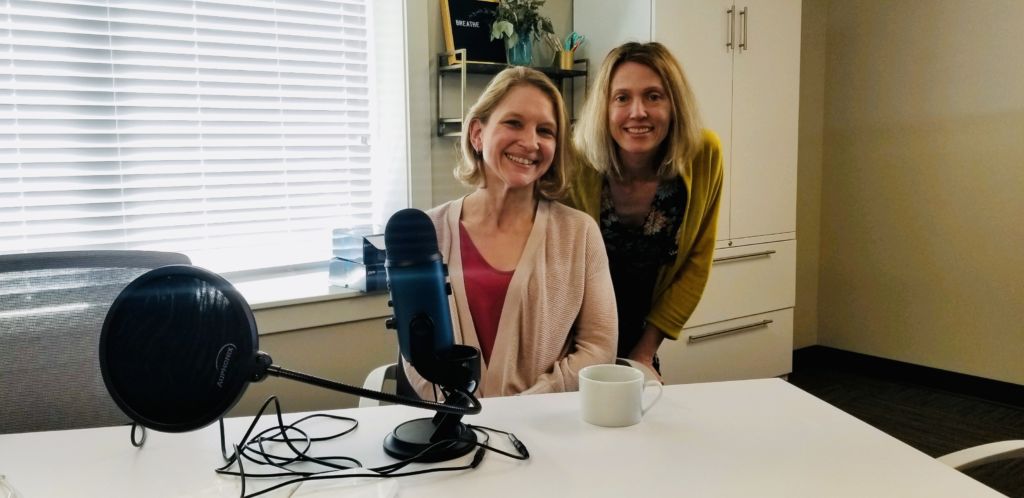
Elsa Lockman, LMSW of Mindful Counseling talks to us today about how partners, family members, and other caregivers can support a mother during those critical postpartum weeks to ensure she seeks help if needed. How do you approach a new mother and what are her best options for care? You can listen to this complete […]
The Minority Bride: Podcast Episode #78
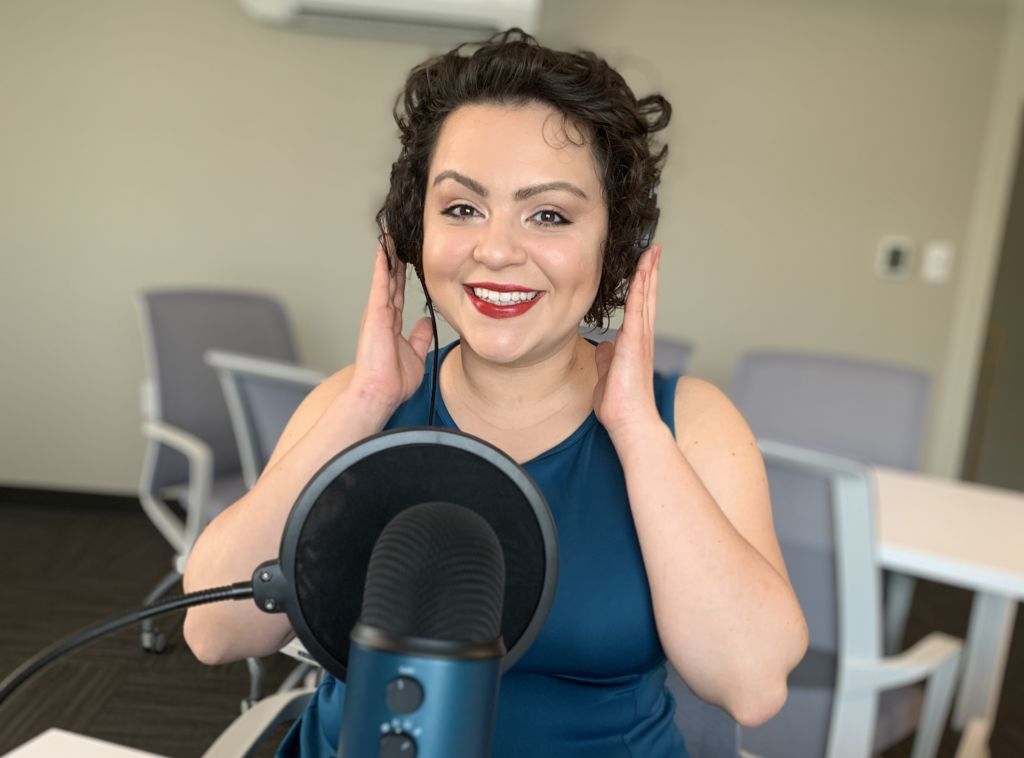
Alyssa: Hi, welcome to Ask the Doulas. It’s Alyssa and I’m talking with Gaby again if you remember her. Last time she told us her lovely birth stories. Hi Gaby. Gaby: Hi Alyssa, good to be back. Alyssa: I want to learn about your business. So Connie’s Bridal Boutique. Gaby: Yes. Alyssa: Who’s Connie? […]
Gaby’s Birth Stories: Podcast Episode #77
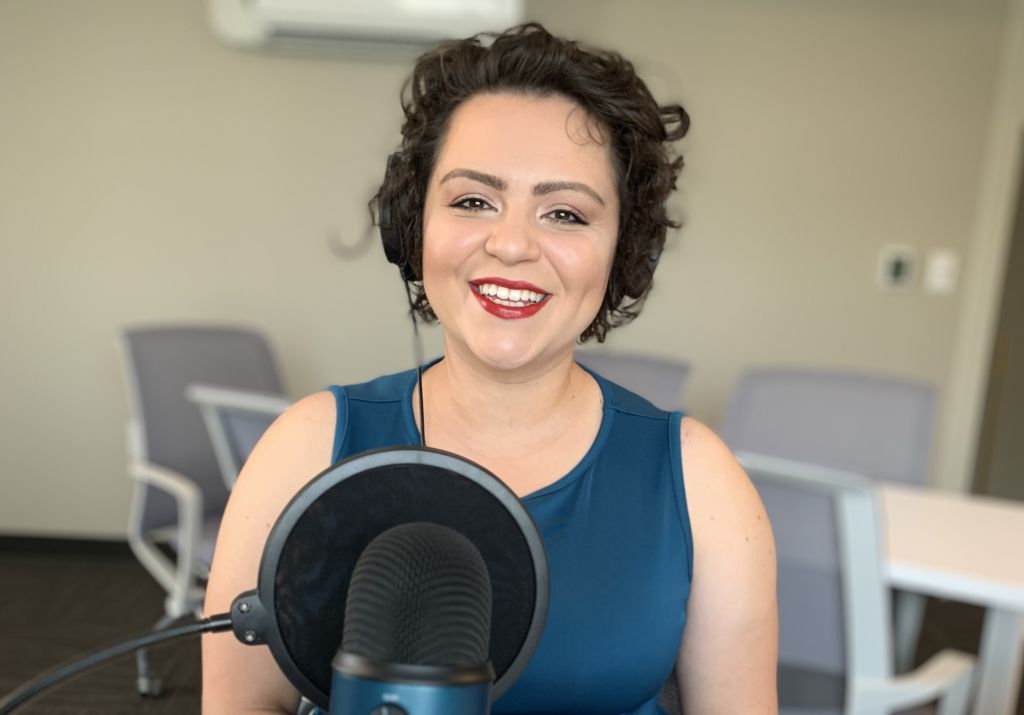
Gaby is a local business owner in Grand Rapids and talks to Alyssa about the birth stories of both of her children. You can listen to this complete podcast episode on iTunes or SoundCloud. Alyssa: Hi, welcome to Ask the Doulas podcast. I am Alyssa and I’m excited to be here with Gaby today. How […]
Jamie’s Breastfeeding Experience: Podcast Episode #76
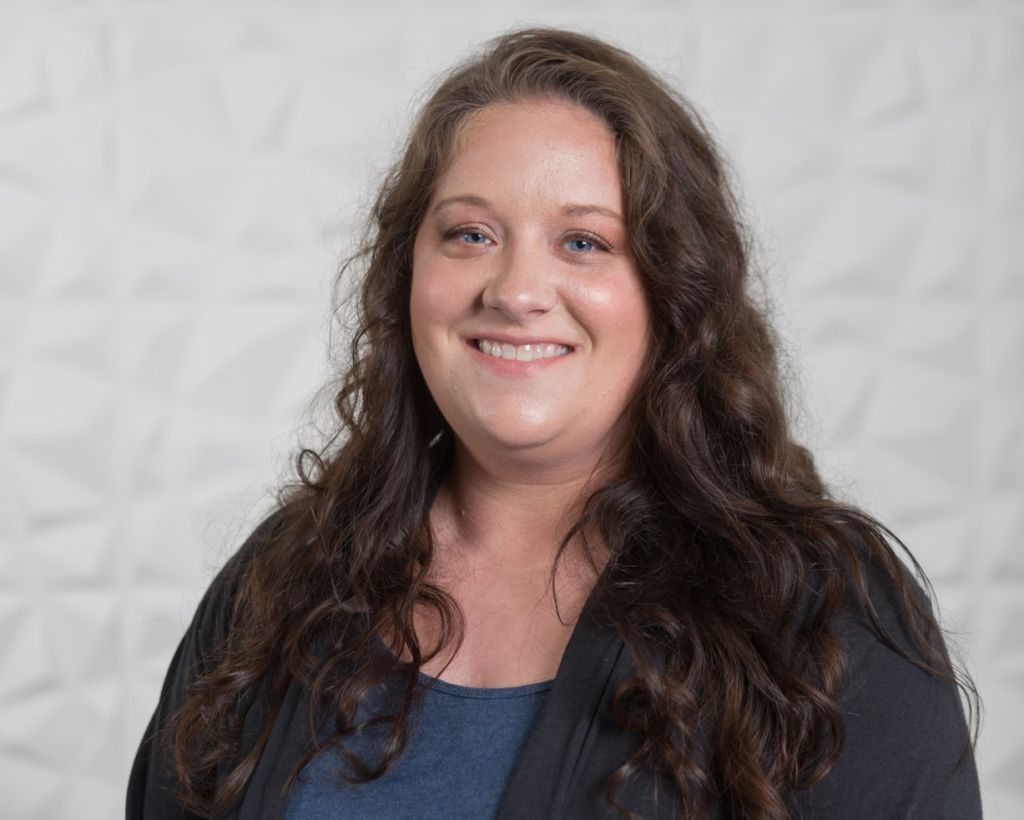
Jamie Platt, Birth and Postpartum Doula with Gold Coast Doulas, tells us about three completely different breastfeeding experiences with her three children. This podcast was recorded over a year ago, and Jamie is now a certified lactation counselor. You can listen to this complete podcast episode on iTunes or SoundCloud. Alyssa: Hi, welcome to another […]
What’s the tongue have to do with breastfeeding? Podcast Episode #75
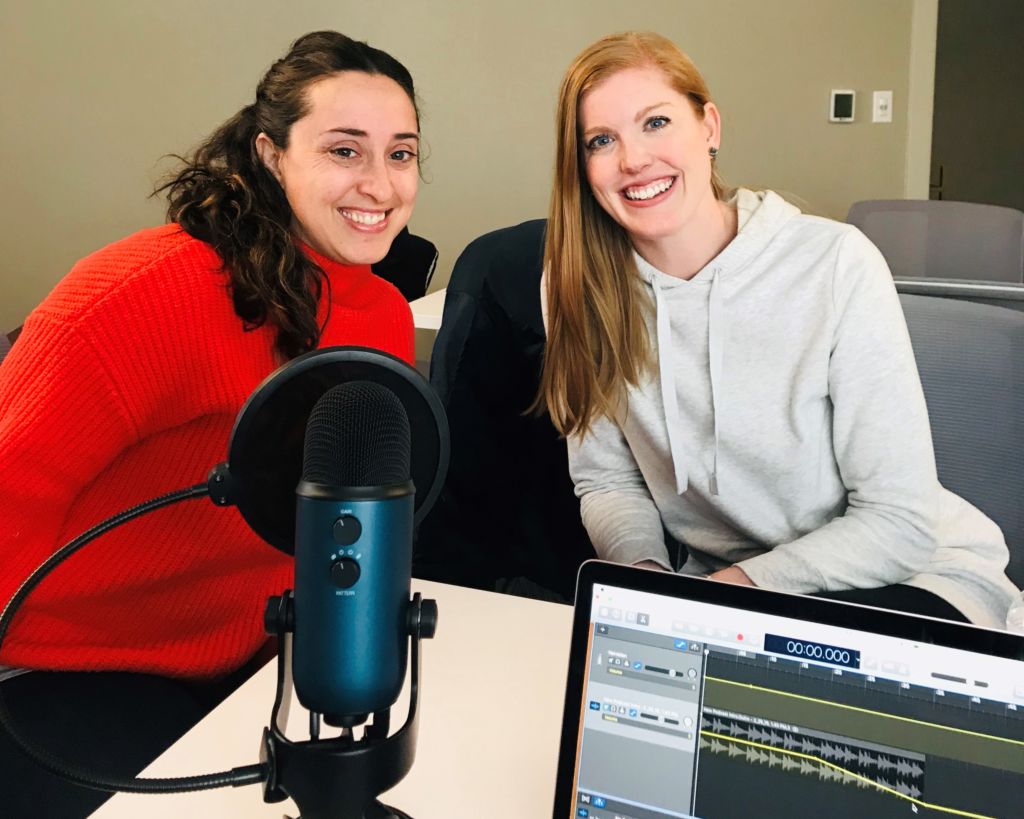
Hear two experts talk about the link between a baby’s tongue and breastfeeding. What are some signs of a tongue tie and what does that procedure even look like? Shira Johnson, IBCLC, and Dr. Katie Swanson, Certified Pediatric Dentist, give us some insight into breastfeeding a newborn. You can listen to this complete podcast episode […]
Car Seat Safety: Podcast Episode #72
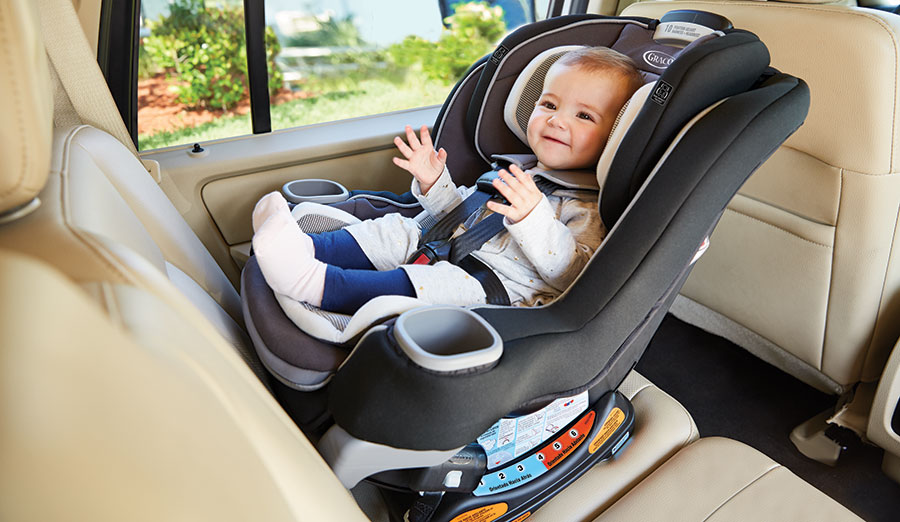
Today we talk to one of Gold Coast Doulas’ Birth and Postpartum Doulas, Jamie Platt. She is a Certified Car Seat Technician and gives parents some helpful tips about what’s safe and what isn’t. You can listen to this complete podcast episode on iTunes or SoundCloud. Alyssa: Hi, and welcome to another episode of Ask […]
Podcast Episode #71: Bedrest Support
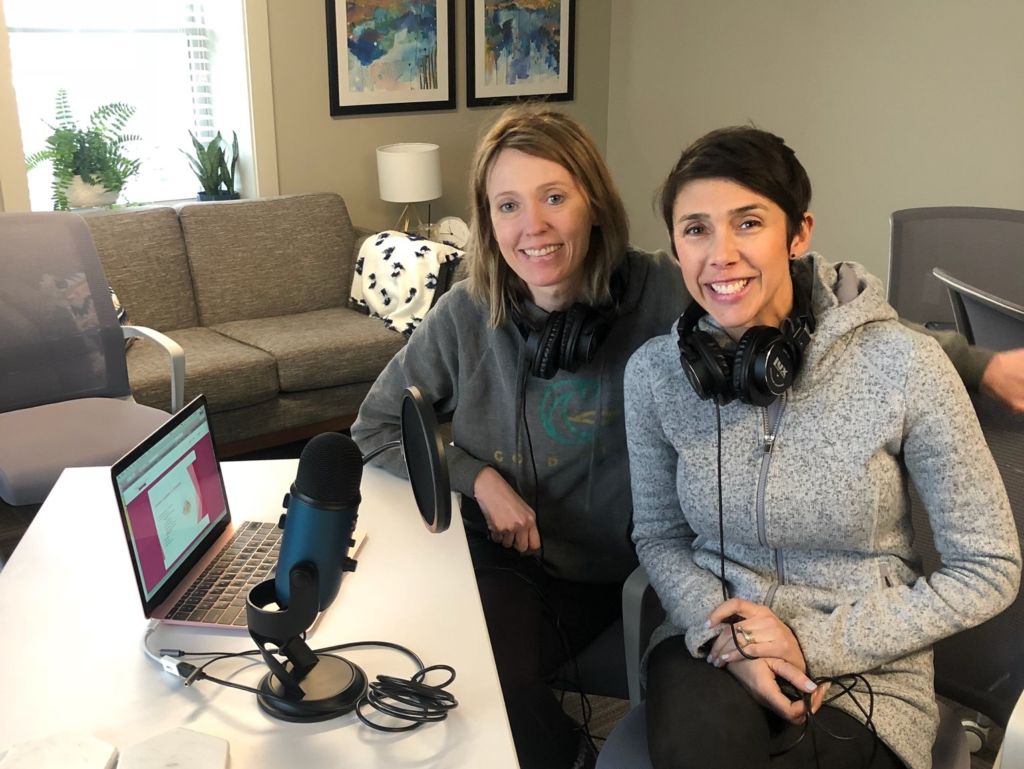
What the heck is an antepartum doula? Well, it basically means bed rest support for mothers who are high risk. But a bed rest doula can also help families that aren’t necessarily on bed rest. Maybe a mom needs help running errands, finding community resources, preparing for baby showers, putting away gifts, nesting! Listen and […]
Podcast Episode #70: Speech Delays and Sleep

Today we talk to Courtney of Building Blocks Therapy Services again about how speech delays affect sleep in older babies. It’s a short one, but packed with good information! You can listen to this complete podcast on iTunes or SoundCloud. Alyssa: Hello! Welcome to Ask the Doulas. I am Alyssa Veneklase, and I’m here with […]
Podcast Episode #69: Postpartum Fitness
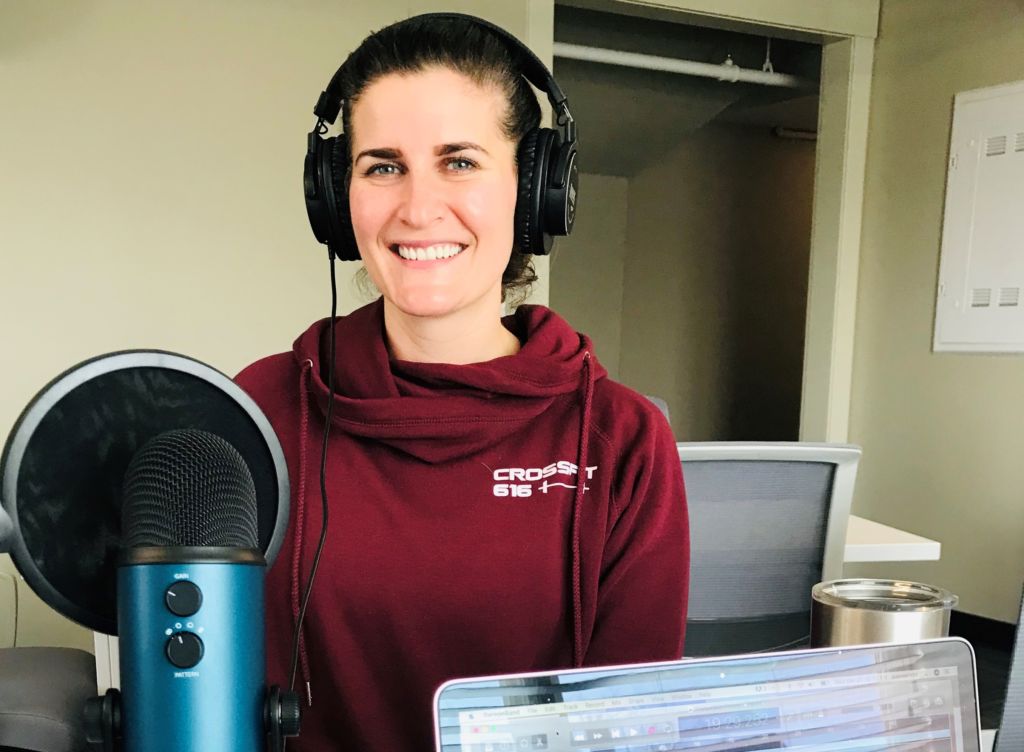
Today we talk with Dr. Theresa, Chiropractor and BIRTHFIT Instructor in Grand Rapids, Michigan. We ask her about what’s safe for a pregnant and postpartum mom to be doing and why having a supportive tribe around is so important. You can listen to this complete podcast episode on iTunes or SoundCloud. Be sure to listen […]
Podcast Episode #68: Overnight Doula Support
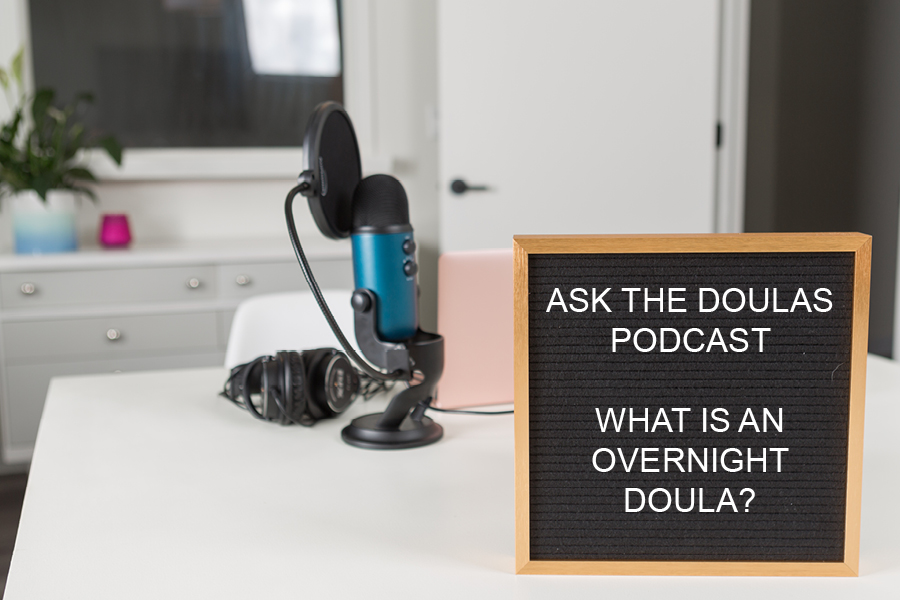
Many of our clients and listeners don’t fully understand what overnight doula support looks like. Kristin and Alyssa, both Certified Postpartum Doulas, discuss the kinds of support their clients look for and how their team of doulas support families in their homes. You can listen to this complete podcast on iTunes or SoundCloud. You can […]
Podcast Episode #67: Dominique’s Sleep Story
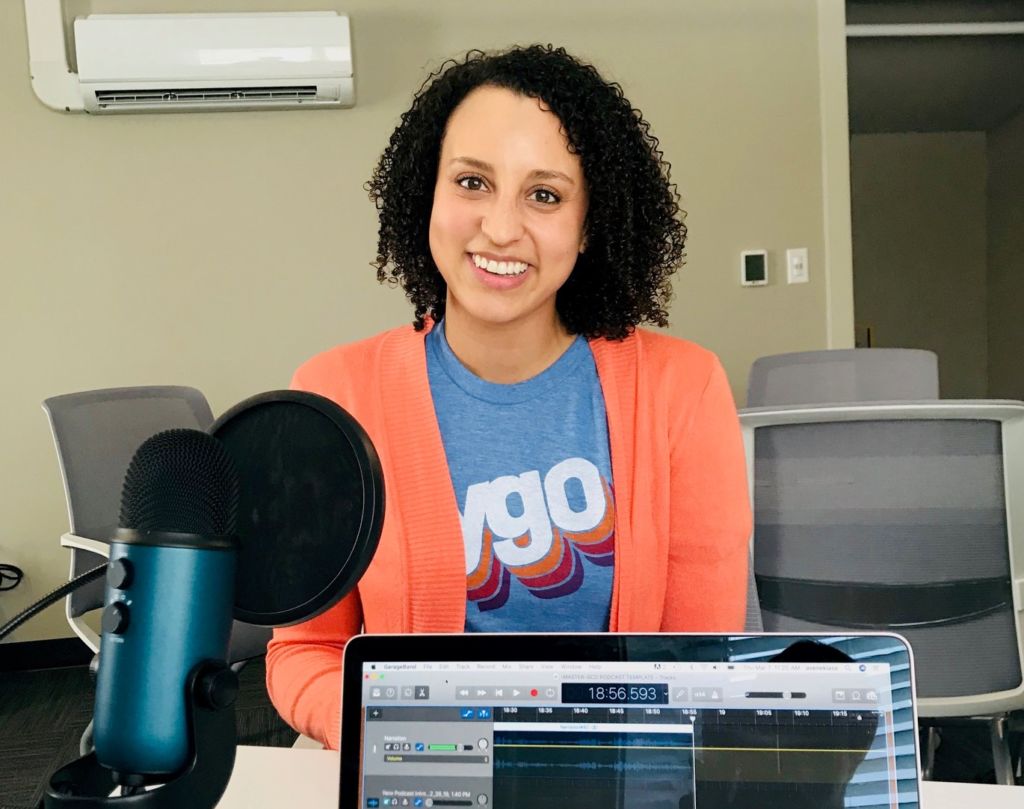
One of Alyssa’s past sleep clients tells us her story about hiring an expert to solve her daughter’s sleep issues. She is honest about the fears she had going into it, the misconceptions and myths about sleep training that were dispelled while working with Alyssa, and how on the first day they saw improvement! You […]
Podcast Episode #66: Ear Infections
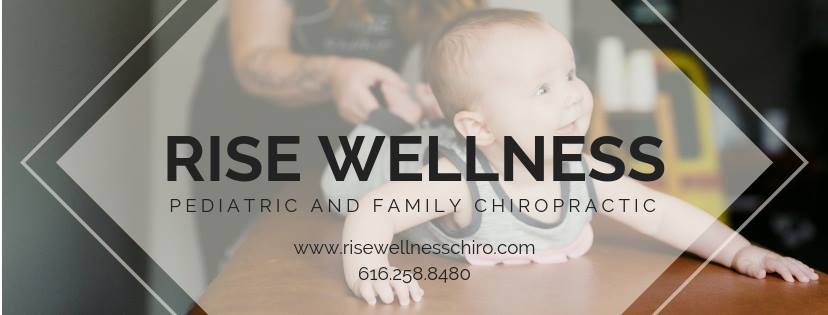
Today we talk with Dr. Annie and Dr. Rachel of Rise Wellness Chiropractic to learn more about ear infections. What are the signs in children and how can chiropractic care help? Can it also help adults? You can listen to this complete podcast episode on iTunes or SoundCloud. Kristin: Welcome to Ask the Doulas with […]
Podcast Episode #65: Annette’s HypnoBirthing Story
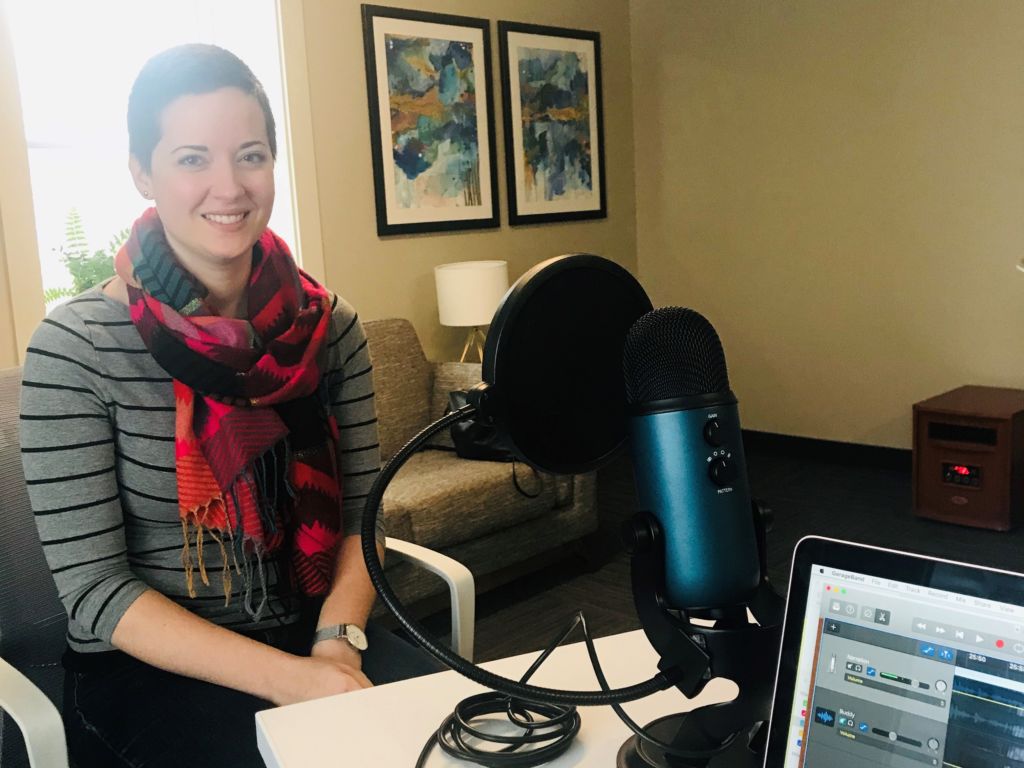
Today we talk with a previous HypnoBirthing student, Annette Beitzel, about her personal experience with HypnoBirthing at Gold Coast Doulas. Although she didn’t use it how she intended, it had an incredible impact on her pregnancy and birth experience. You can listen to this complete podcast episode on iTunes or SoundCloud. Kristin: Welcome to Ask […]
Podcast Episode #64: Pediatric Dentistry and Speech Therapy
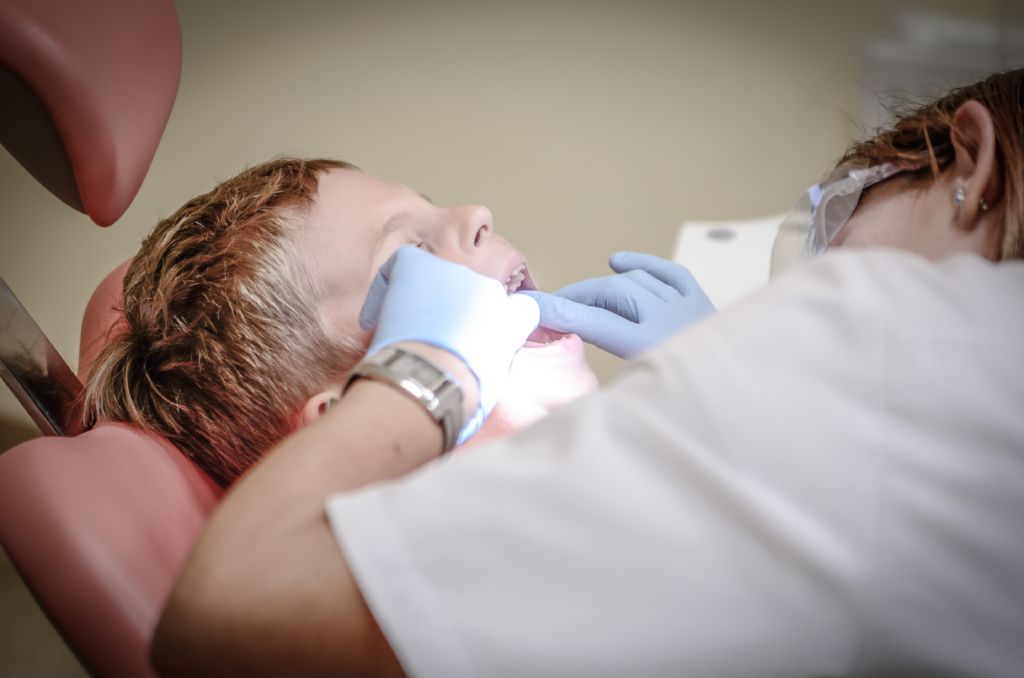
What do tongue ties, lip ties, oral aversions, and picky eaters have in common? Everything! Listen as two experts talk about how pediatric dentistry and speech therapy are both helping parents discover ways to help their children. You can listen to this complete podcast on iTunes or SoundCloud. Alyssa: Welcome to Ask the Doulas. I […]
Podcast Episode #63: What is a Speech Therapist?
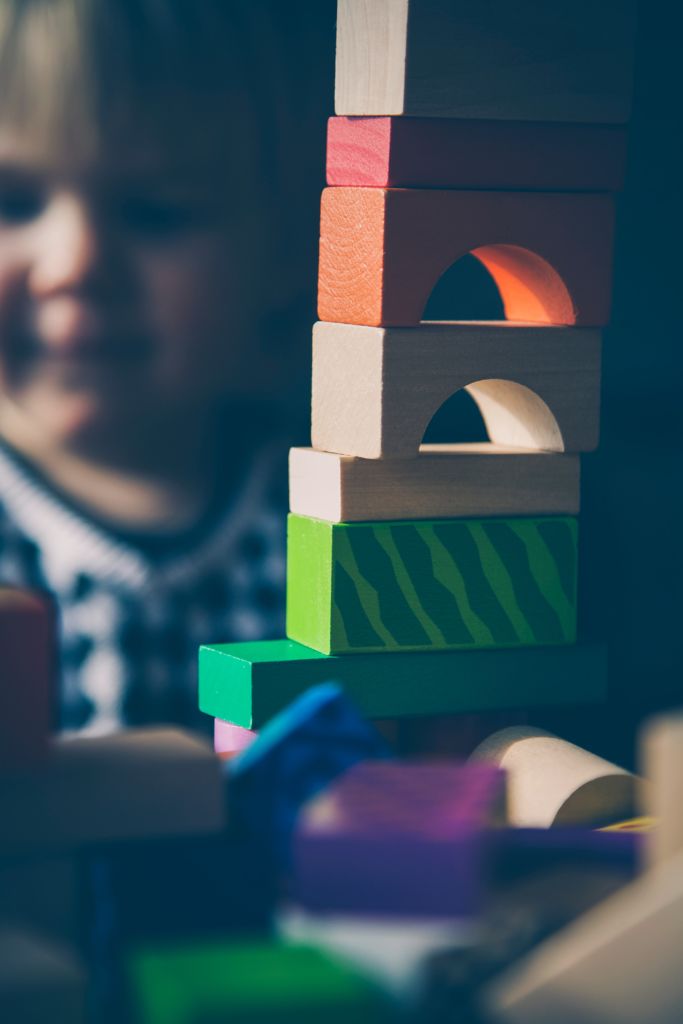
We’ve all heard of a speech therapist but what do they actually do? In this episode, Courtney Joesel of Building Blocks Therapy Services tells us how speech and language services can benefit a child and why, if you notice signs of speech delay, it’s important to have your child seen earlier rather than later. She […]
Podcast Episode #62: Newborn Traumas

What is birth trauma and do all babies experience it? How can you remedy it? Dr. Annie and Dr. Rachel of Rise Wellness Chiropractic give us several examples of common birth traumas, what they mean, and how chiropractic care can help. You can listen to this complete podcast episode on iTunes or SoundCloud. Kristin: Welcome […]
Podcast Episode #61: Postpartum Wellness
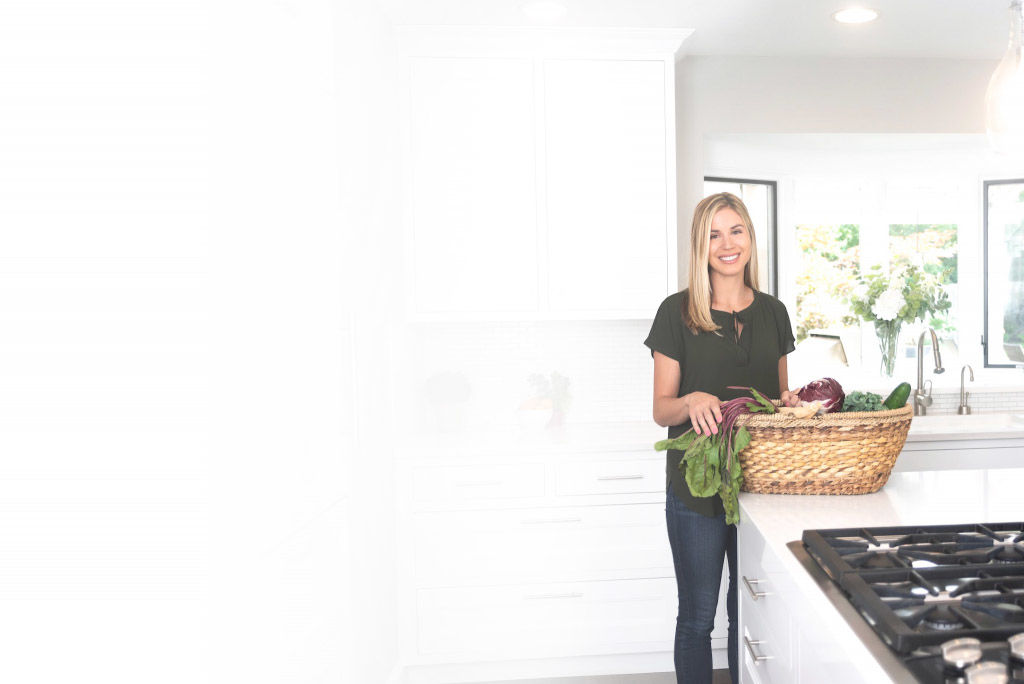
Dr. Erica of Root Functional Medicine gives moms some tips about staying healthy through pregnancy and into the postpartum period. We also talk about her upcoming Postpartum Wellness class on March 7. You can listen to this complete podcast episode on iTunes or SoundCloud. This podcast episode is sponsored by LifeFuel, providing healthy meal delivery […]

